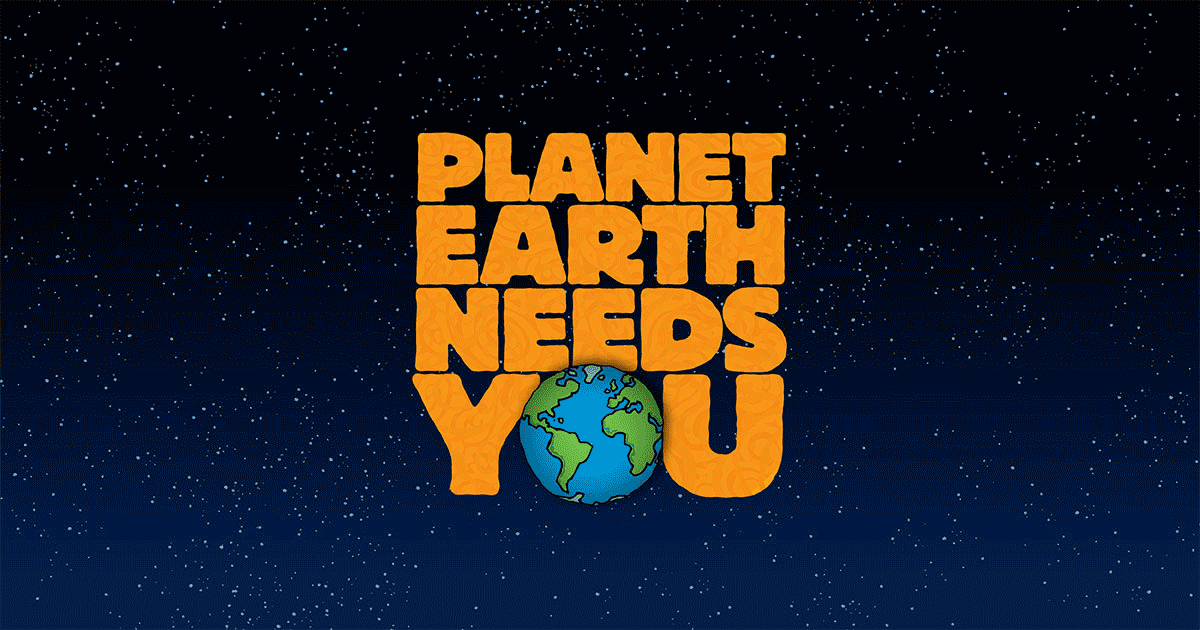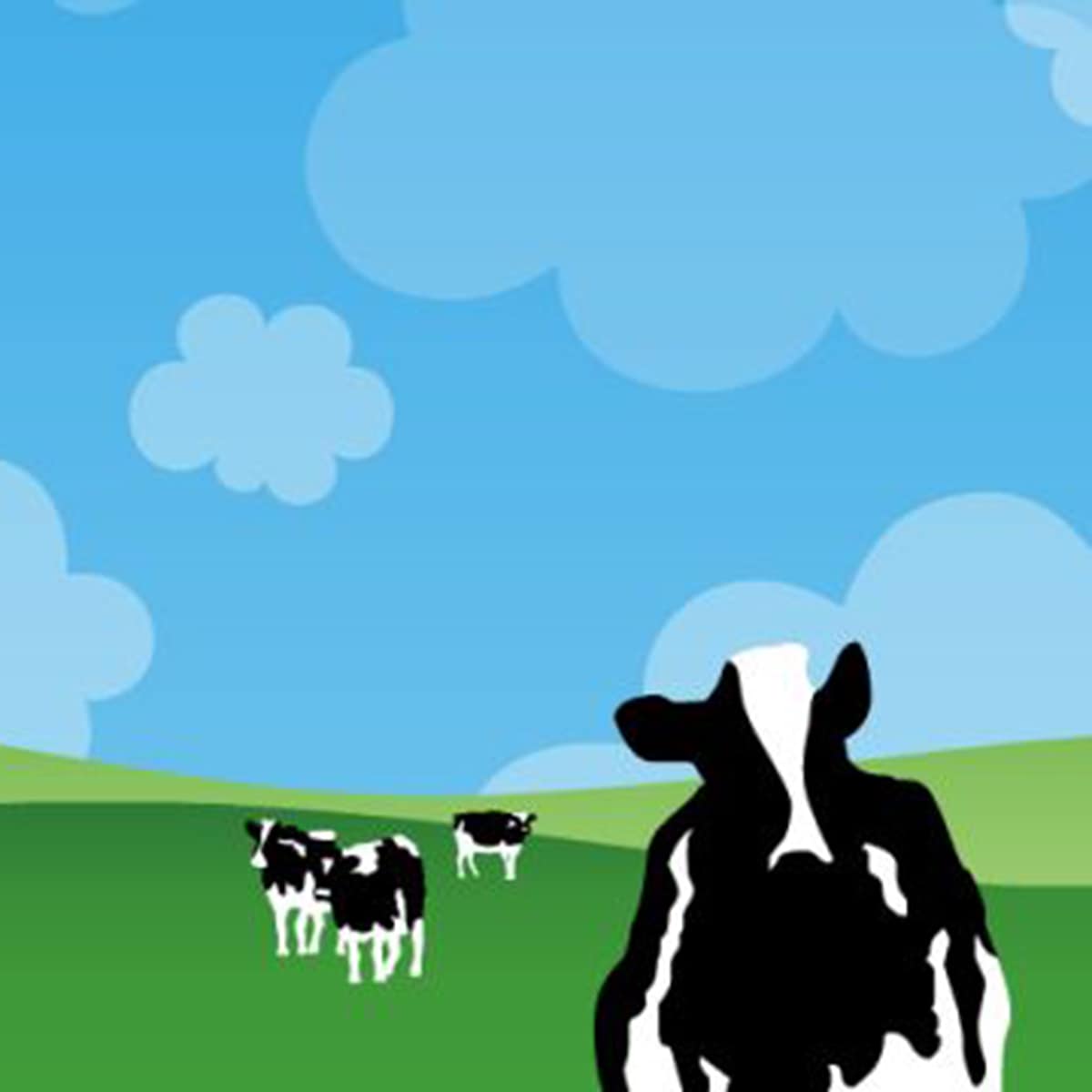November 19, 2018

We’re seeing the impacts of climate change across the world. Human activity, like burning fossil fuels, is causing the planet to warm with many different and scary consequences. In this two part series, we’re looking at how climate change affects different parts of the world. This is part two, looking at the global north.
-
The global north is already experiencing the impacts of climate change directly.
Extreme weather and huge natural disasters that previously hit communities once in a generation are happening much more often across the world - including in the global north.
This year alone, Britain has seen the one of hottest summer in 100 years, deadly wildfires have swept across Spain, Portugal and Greece, devastating storms and flooding have hit France and Italy and we’ve seen huge hurricanes battering the US.
-
The indirect impacts of climate change are coming too.
Although very severe, the wealthier countries in global north are more able to respond to these kinds of disasters than less wealthy countries. But climate change still has a huge impact on other aspects of day to day life.
Climate change is changing patterns of migration in the global south, and has played a part in the recent wave of migration from north Africa to Europe. As Pacific islands become uninhabitable, Australia and New Zealand are getting ready for climate refugees. Obviously it’s much more traumatic for the refugees, but lots of people arriving in a new country leads to lots of challenges for the host country too.
Climate change also affects food production around the world. Farmers are already being forced to adapt to unpredictable seasons and weird weather patterns. With that comes rising food costs at the supermarket. And, things grown in hotter countries - like coffee and chocolate - will become more difficult to get hold of as climate change harms growing conditions.
-
We are taking action.
We do have the knowledge, skills and resources to tackle climate change.
Ten years ago the UK passed the Climate Change Act setting an ambitious target to cut emissions. Since then we’ve seen good progress - emissions were down 43% by 2017 (compared to 1990 levels). That’s mostly down to a lot of renewable energy and a huge drop in coal - from nearly 50% of our electricity back in the 70s to 5% now.
Ireland has become the first country to sell all its investments in fossil fuel companies and New York City is planning to divest $5bn too, in essence stopping funding the continued expansion of fossil fuels.
In 2015, countries across the world agreed to act to limit global warming. To keep to their pledges, a bunch of countries, including Canada, Sweden and Spain, are planning to go carbon neutral by 2050 - so they no longer contribute to climate change.
-
But we’re not moving fast enough - and not everyone is convinced.
Even countries that are taking action are being criticised for not moving fast enough. France and Britain have pledged to ban the sale of petrol cars by 2040, but many think that’s too late. Germany is building loads of renewable energy, but is still burningots of dirty coal.
And not everyone is on board. President Trump is famously not convinced climate change is caused by humans. He pulled America out of the Paris Climate agreement and has set about dismantling climate programmes in the US. In Australia, climate change still divides politicians despite the severe drought and destruction of the Great Barrier Reef. Although they’ve got lots of sunshine, coal remains king - keeping carbon emissions up.
Take Action
Show the people in power that we care about our planet. Write to your MP (it’s super easy!) and demand that our Government takes a bolder action on fighting climate change.
This blog post was written by our climate activist pals over at 10:10.
Sweeten Up Your Inbox!
Subscribe now and we'll make sure you get the inside scoop on Ben & Jerry's fun and flavours! It's like dessert for your inbox, and you're going to want seconds.

